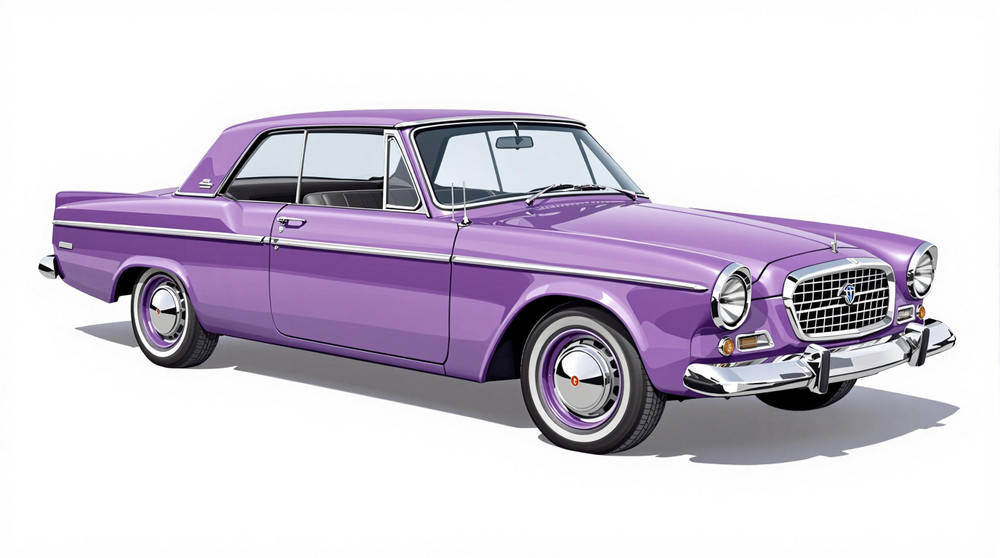Image of 1966 Studebaker Cruiser, Note: These illustrations use artistic license and may differ from actual historical models.
Performance Metrics
Fundamental Metrics
Emotional Appeal
MMP Rating
| Engine Specifications | |
|---|---|
| Engine: | 283 V8 |
| Displacement: | 283 cu in (4.6 L) |
| Horsepower: | 195 hp |
| Torque: | 285 lb-ft |
| Compression Ratio: | 8.5:1 |
| Ignition System: | Conventional points ignition system |
| Cooling System: | Liquid-cooled |
| Performance Specifications | |
| 0-60 Time: | Estimated 10 seconds |
| 1/4 Mile Time: | Estimated 17 seconds |
| Top Speed: | 115 mph |
| Transmission and Drive | |
| Drive Type: | Rear-wheel drive |
| Transmission Type: | 3-speed manual, 4-speed manual, 2-speed automatic |
| Fuel and Efficiency | |
| Fuel System Type: | Carburetor |
| MPG: | Estimated 15-20 mpg |
| Dimensions and Brakes | |
| Brakes: | Drum brakes |
| Wheelbase: | 113 in (2,870 mm) |
| Weight: | 3,200 lbs |
Note: Specifications for classic cars are given to the best of our ability, considering the limited and variant data available.
1966 Studebaker Cruiser: A Testament to Innovation and Style
The 1966 Studebaker Cruiser stands as a poignant reminder of an era when audacity in automotive design was matched by an equally bold spirit of innovation. Born from the venerable Studebaker Corporation, which had been a cornerstone of American automobile manufacturing since the late 19th century, the Cruiser was one of the company's final attempts to reclaim its stake in a rapidly evolving market. This model, emerging in the twilight years of Studebaker's production, offers a unique snapshot of a company striving for relevance in a time of change.
What makes the '66 Cruiser particularly fascinating is its role during the waning days of Studebaker's operation, as it was one of the last models produced before the company ceased automobile production in March 1966. This fact alone imbues the Cruiser with a certain collectible mystique, marking it as a piece of automotive history that represents both an end and an enduring legacy.
Design and Innovation
The exterior styling of the 1966 Studebaker Cruiser was a blend of classic elegance and modern flair. The vehicle's long, clean lines and subtle curves exuded a sense of understated sophistication that was becoming rare in an age increasingly dominated by muscle cars and exaggerated designs. Inside, passengers were greeted with a spacious cabin adorned with quality materials that spoke to Studebaker's commitment to comfort and durability.
Technologically, the Cruiser was equipped with features that were quite advanced for its time, including an optional "Climatizer" heating and ventilation system. Color options for the Cruiser ranged from dignified blues and greens to more vibrant hues like reds and yellows, with the more conservative colors often being favored by consumers.
While the Cruiser was available only as a four-door sedan, this body style proved to be both practical and popular among buyers seeking a reliable family car with a touch of class.
Historical Significance
The 1966 Studebaker Cruiser may not have revolutionized automotive design or technology, but its significance lies in its representation of an industry at a crossroads. As Studebaker's penultimate model year, it symbolized both the end of one era and the resilience of classic design principles that continue to influence modern vehicles.
Performance and Handling
Under the hood, the Cruiser featured an overhead valve V8 engine capable of delivering adequate power for its class. While top speed and acceleration figures were modest by today's standards—the car could reach 60 mph in around 10 seconds—drivers appreciated the Cruiser for its smooth ride and competent handling over various road conditions. The driving experience was characterized by a reassuring hum from the engine bay and an overall sense of solidity that was synonymous with Studebaker's build quality.
Ownership Experience
Owners often used their Cruisers as daily drivers due to their reliability and ease of maintenance. Parts were generally accessible, making repairs manageable for the average owner. However, as time has passed and fewer Studebakers roam the roads, maintaining one today can be more challenging due to scarcer parts availability.
Fun Facts
Among enthusiasts, there are tales of rare Cruisers that once belonged to celebrities or were used in significant historical events. Although not known for setting records in speed or sales, the Cruiser has earned its place in history through endurance—surviving well beyond many contemporaries that have faded into obscurity. Common criticisms at the time focused on its conservative styling and lack of groundbreaking features compared to flashier competitors.
Collector's Information
Today, collectors value the 1966 Studebaker Cruiser not just for its rarity but also for its unique place in automotive history. With production numbers estimated in the low thousands before Studebaker closed its doors, surviving examples are indeed scarce. Current value ranges can vary widely based on condition, originality, and provenance; however, well-preserved models can fetch anywhere from $10,000 to $20,000 or more at auction. The market trend appears to show appreciation for these vehicles as interest in orphaned brands continues to grow among classic car enthusiasts.
Conclusion
The 1966 Studebaker Cruiser is more than just another vintage car; it is a symbol of perseverance amid adversity and change. Its story is one of dignity in decline—a final flourish from a once-great manufacturer—and serves as a reminder that beauty and innovation can emerge even during challenging times. For those who own one or aspire to, the Cruiser is not merely an automobile; it is a piece of history on wheels.
1966 Studebaker Cruiser Catalog of Parts
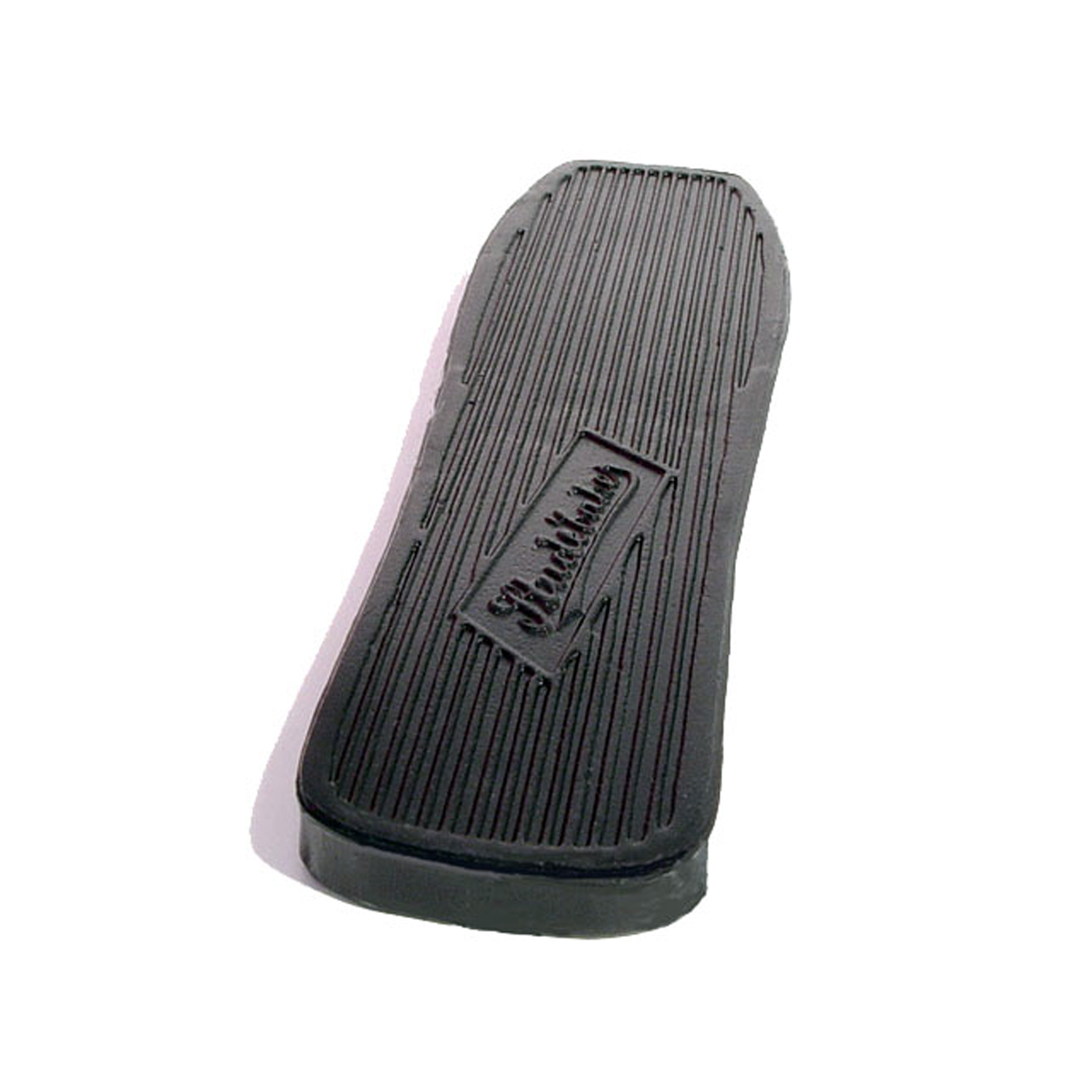 1966 Studebaker Cruiser Accelerator Pedal Pad, 2-3/8" X 9", Each-AP 22Accelerator Pedal Pad, 2-3/8" X 9", Each
1966 Studebaker Cruiser Accelerator Pedal Pad, 2-3/8" X 9", Each-AP 22Accelerator Pedal Pad, 2-3/8" X 9", Each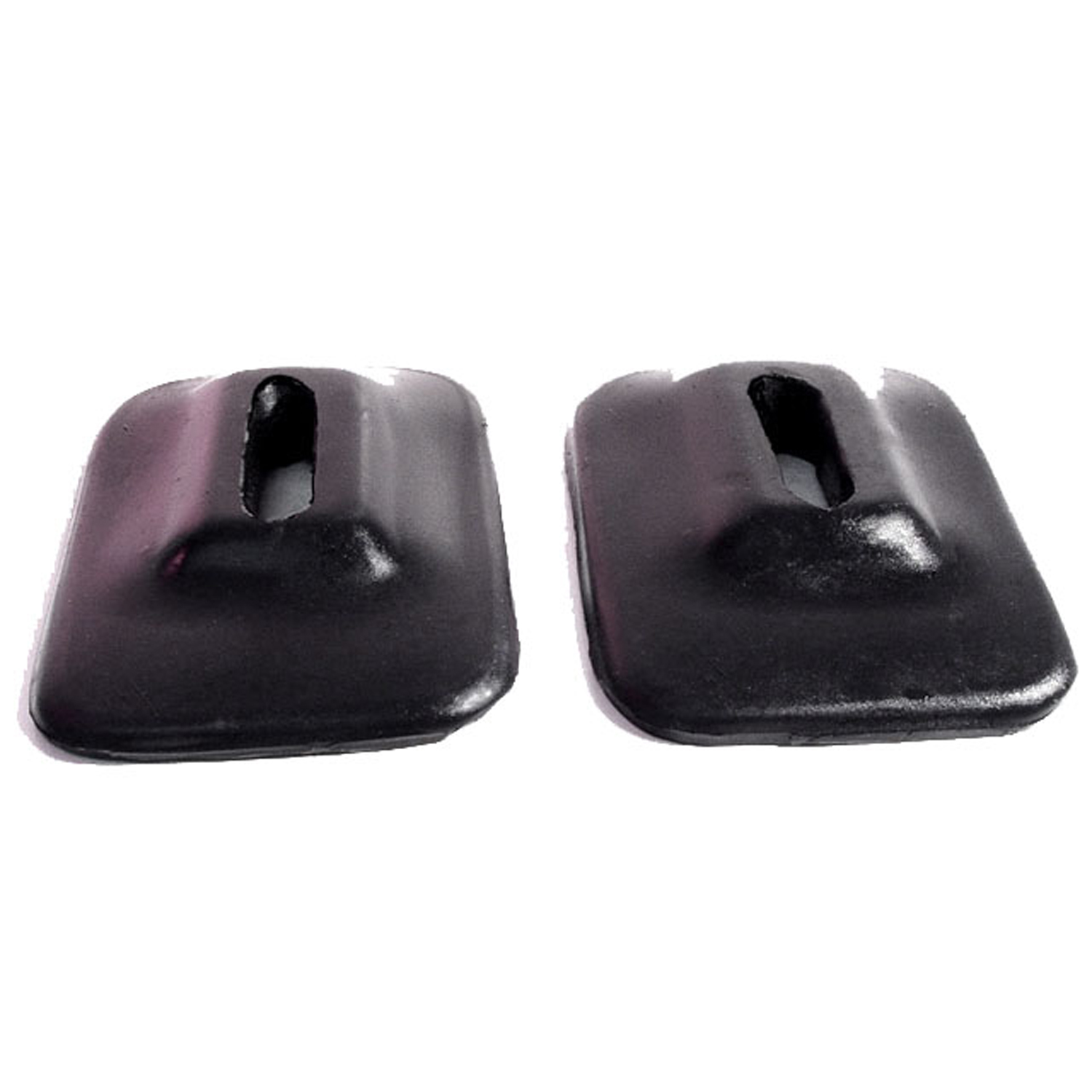 1966 Studebaker Cruiser Front and Rear Bumper Arm Grommets-BG 45Front and Rear Bumper Arm Grommets. 2-3/4" wide X 4-1/8" long, with 1-5/8" long inner slot. Pair
1966 Studebaker Cruiser Front and Rear Bumper Arm Grommets-BG 45Front and Rear Bumper Arm Grommets. 2-3/4" wide X 4-1/8" long, with 1-5/8" long inner slot. Pair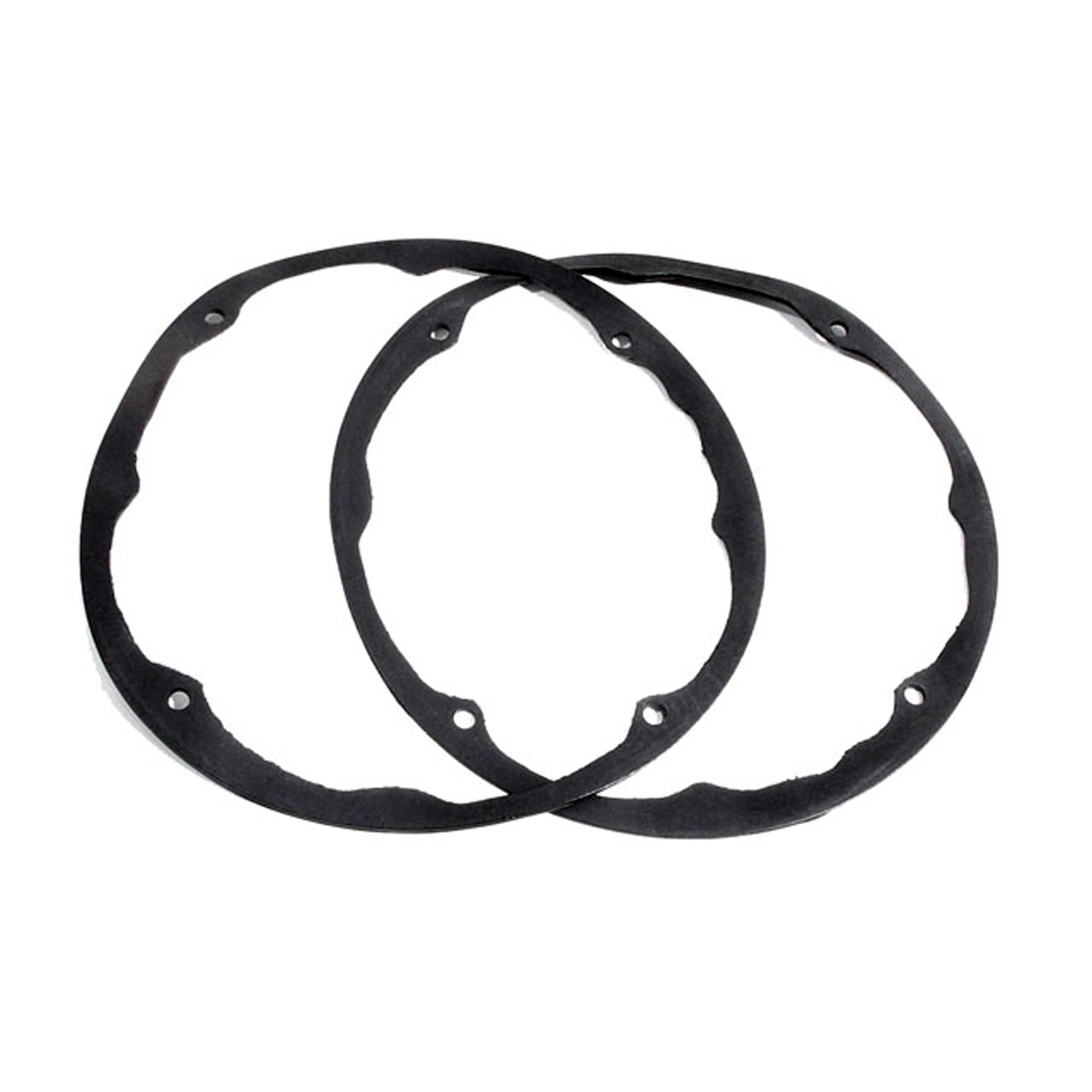 1966 Studebaker Cruiser Headlight Ring Seal. 8-5/8" O.D., 7-7/8" I.D. Pair-HR 16Headlight Ring Seal. 8-5/8" O.D., 7-7/8" I.D. Pair
1966 Studebaker Cruiser Headlight Ring Seal. 8-5/8" O.D., 7-7/8" I.D. Pair-HR 16Headlight Ring Seal. 8-5/8" O.D., 7-7/8" I.D. Pair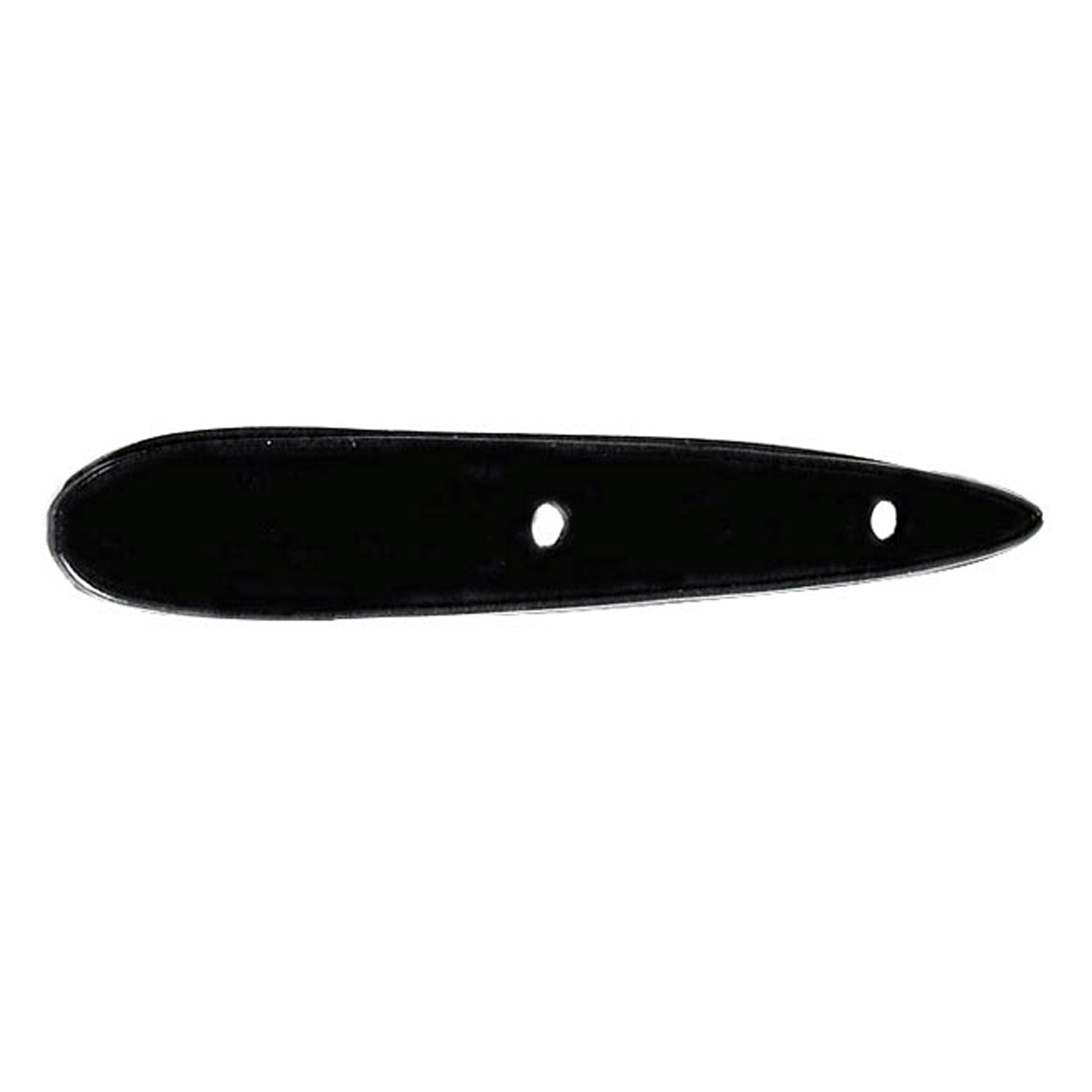 1966 Studebaker Cruiser Mirror Pad. Similar to MP 965-B, check dimensions-MP 965-AMirror Pad. Similar to MP 965-B, check dimensions. 1" wide X 7" long. Each
1966 Studebaker Cruiser Mirror Pad. Similar to MP 965-B, check dimensions-MP 965-AMirror Pad. Similar to MP 965-B, check dimensions. 1" wide X 7" long. Each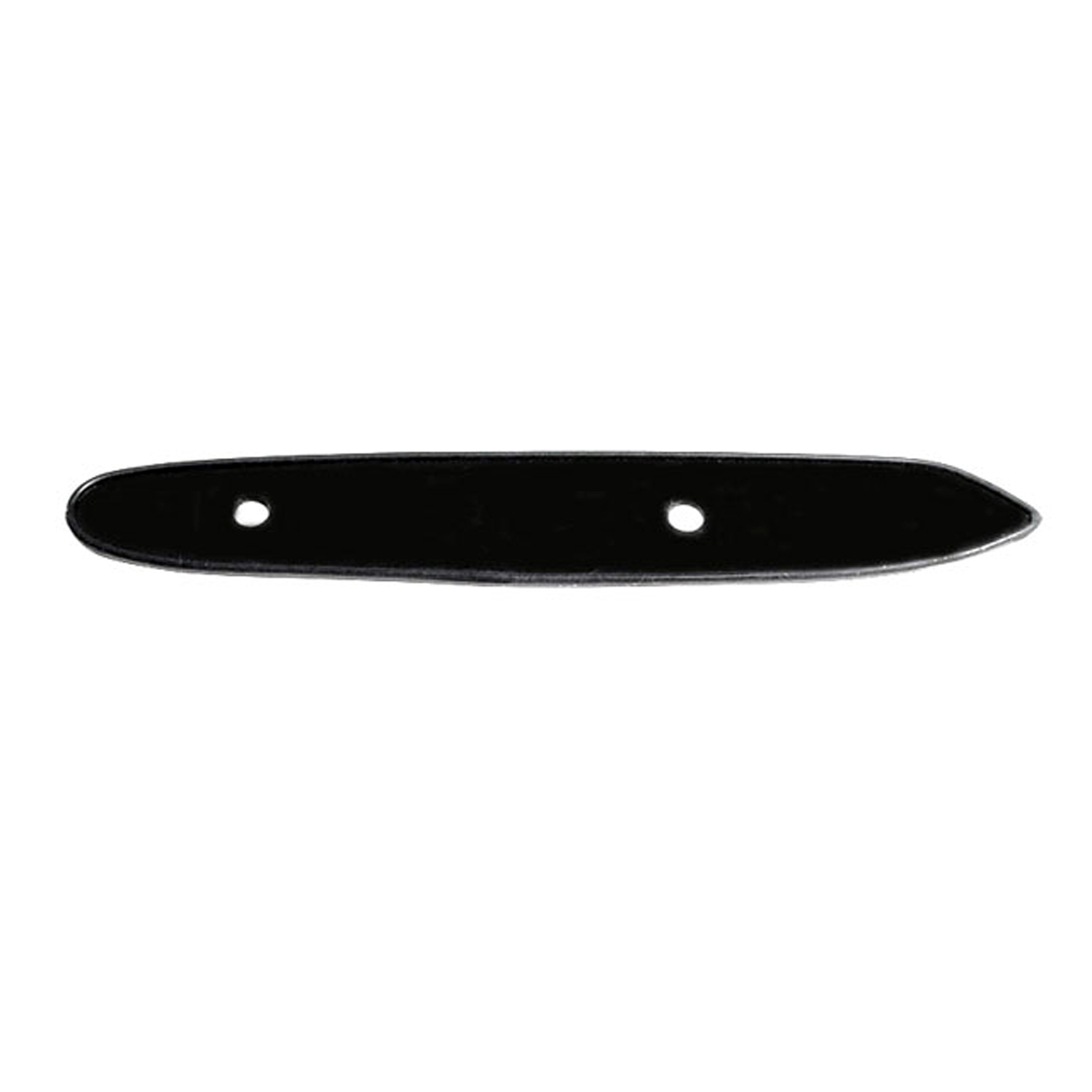 1966 Studebaker Cruiser Mirror Pad. Similar to MP 965-A, check dimensions-MP 965-BMirror Pad. Similar to MP 965-A, check dimensions. 1-1/8" wide X 6-3/4" long. Each
1966 Studebaker Cruiser Mirror Pad. Similar to MP 965-A, check dimensions-MP 965-BMirror Pad. Similar to MP 965-A, check dimensions. 1-1/8" wide X 6-3/4" long. Each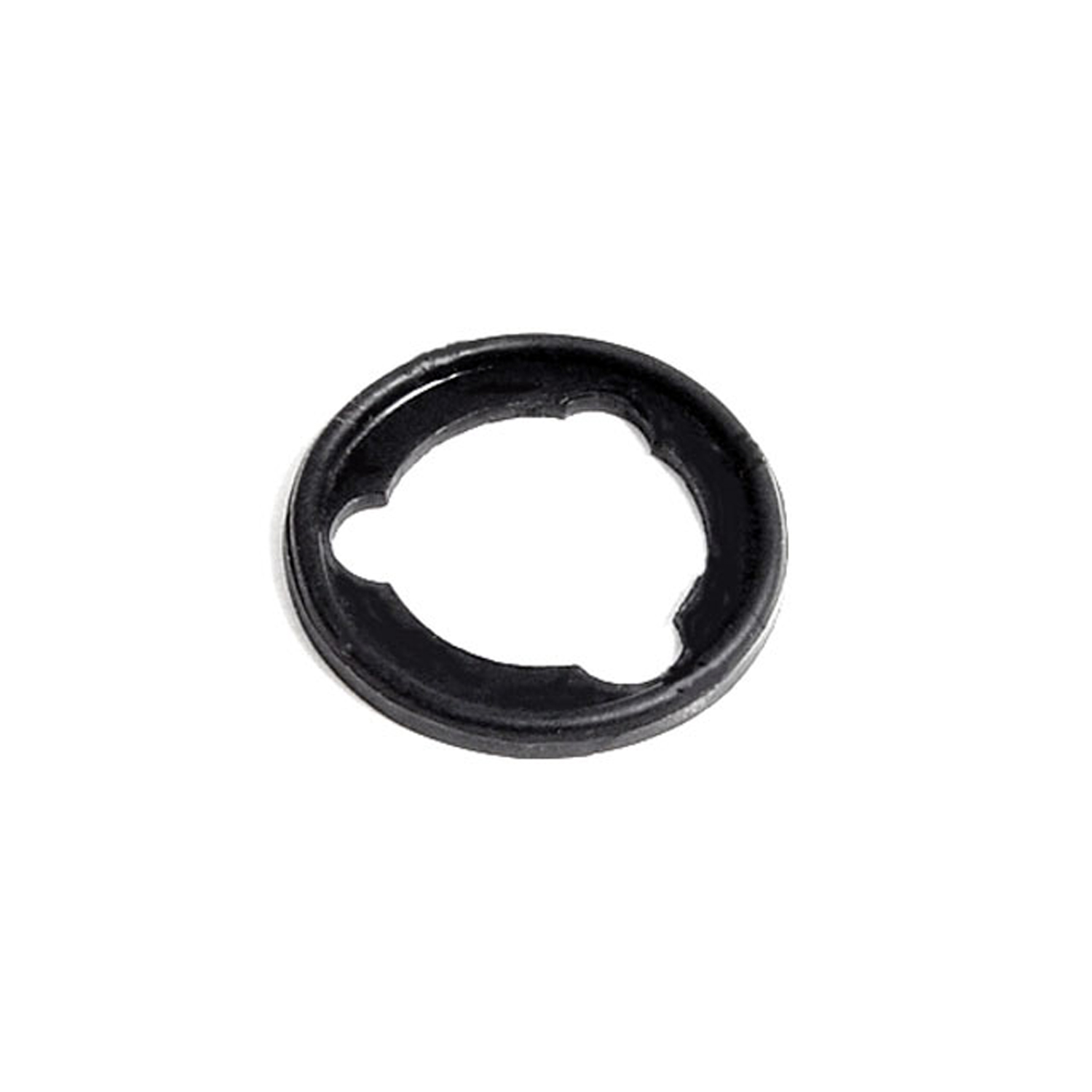 1966 Studebaker Cruiser Door Lock Pad. 1-1/8" O.D. Each-MP 979Door Lock Pad. 1-1/8" O.D. Each
1966 Studebaker Cruiser Door Lock Pad. 1-1/8" O.D. Each-MP 979Door Lock Pad. 1-1/8" O.D. Each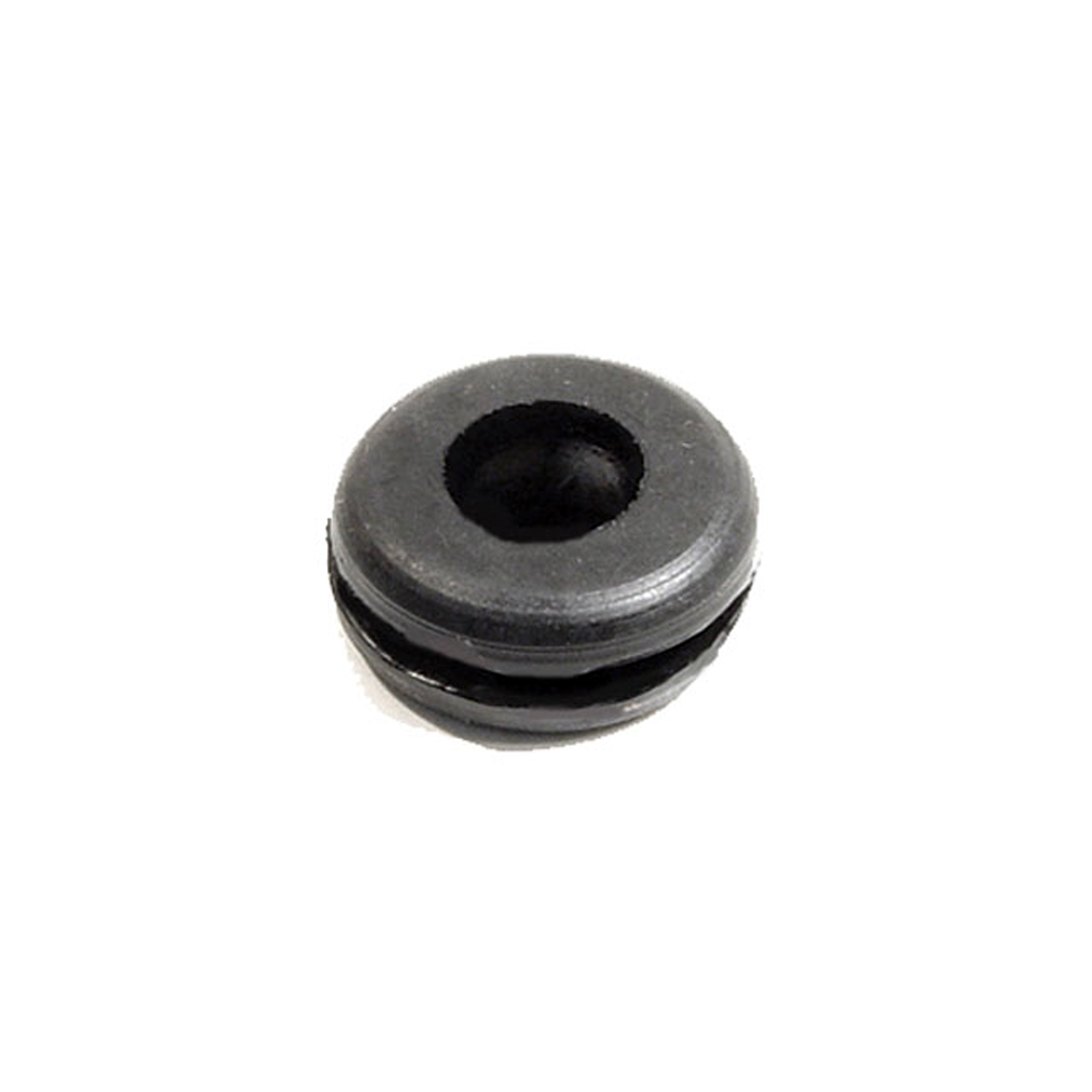 1966 Studebaker Cruiser Headlight & Tail-Light Wire Grommet. 3/8" I.D., 7/8" O.D-SM 13-AHeadlight & Tail-Light Wire Grommet. 3/8" I.D., 7/8" O.D. Each
1966 Studebaker Cruiser Headlight & Tail-Light Wire Grommet. 3/8" I.D., 7/8" O.D-SM 13-AHeadlight & Tail-Light Wire Grommet. 3/8" I.D., 7/8" O.D. EachWhy Choose Metro?
For over 100 years, Metro Moulded Parts has been the pinnacle of quality in classic car restoration parts. Our commitment to precision and authenticity in every component ensures a perfect fit and an OEM-level appearance.
- Expert Craftsmanship & Quality: Each part is a testament to our dedication to reliability and perfection, crafted from original designs and thoroughly tested.
- Advanced Technology: We use cutting-edge techniques to create flawless, long-lasting parts that surpass others in performance.
- SuperSoft Sponge – The Ultimate Door Seal: Not only are our door seals 30% softer than competitors', but they're also guaranteed to never leak. They effectively reduce wind and road noise, enhancing your classic car's comfort and driving experience.
- Proudly American: Our parts are a product of American craftsmanship, made in the USA with a spirit of excellence and heritage.
- Unrivaled Warranty: We back our products with a 30-year industry-leading warranty, a testament to our confidence in their quality.
Join us in preserving the legacy of classic cars with parts that are crafted for perfection, not just made.

